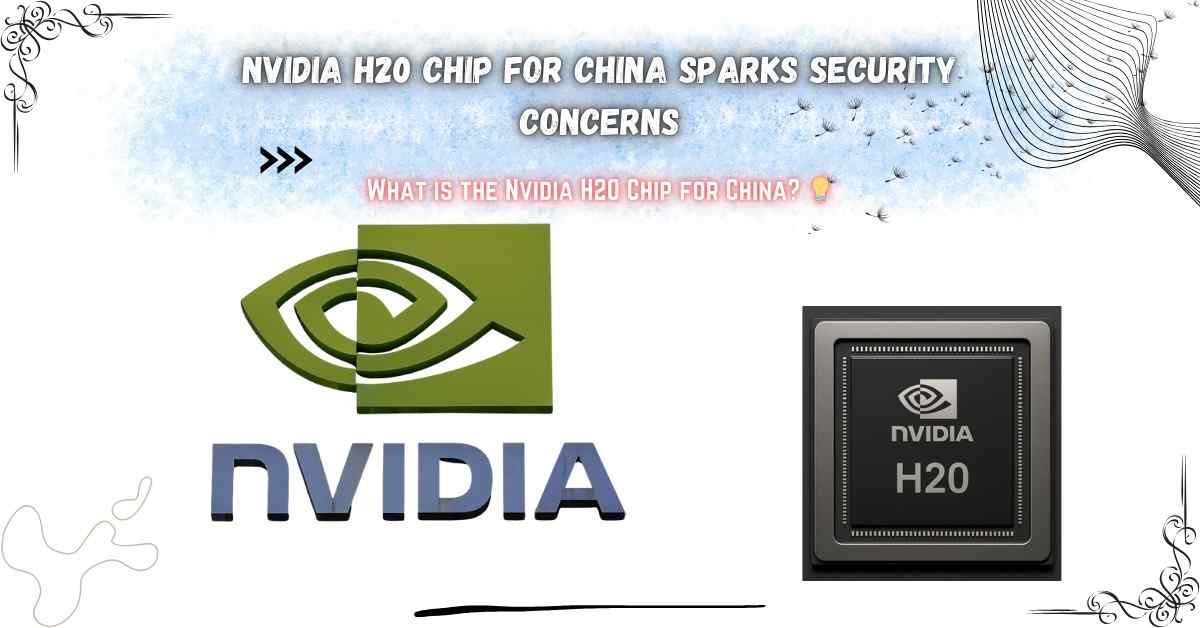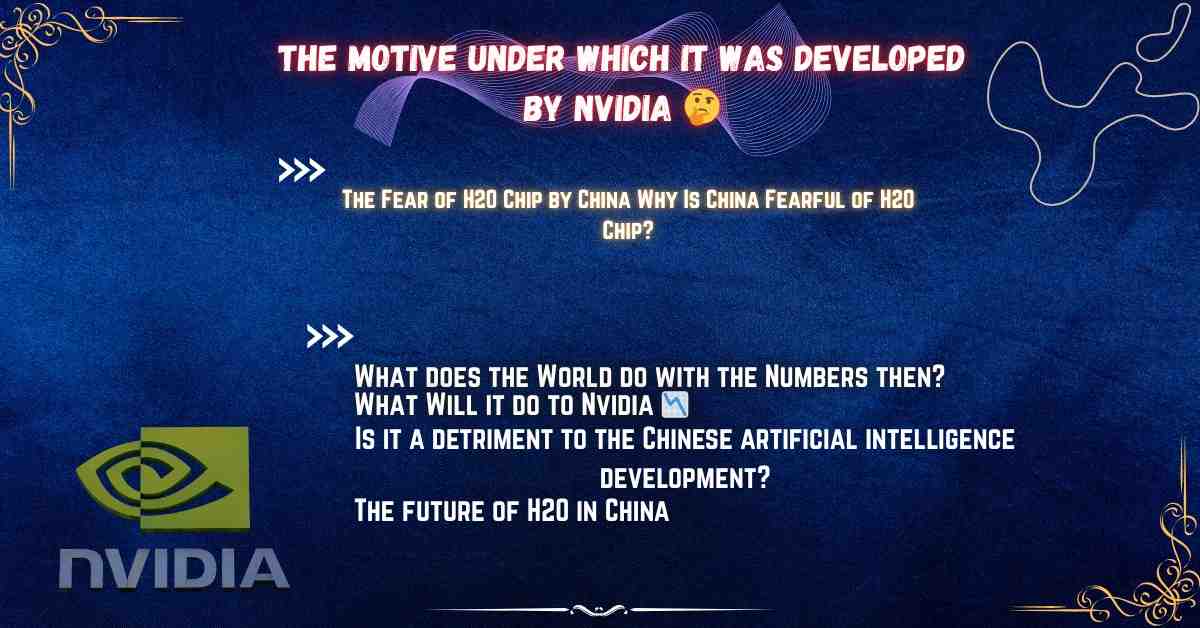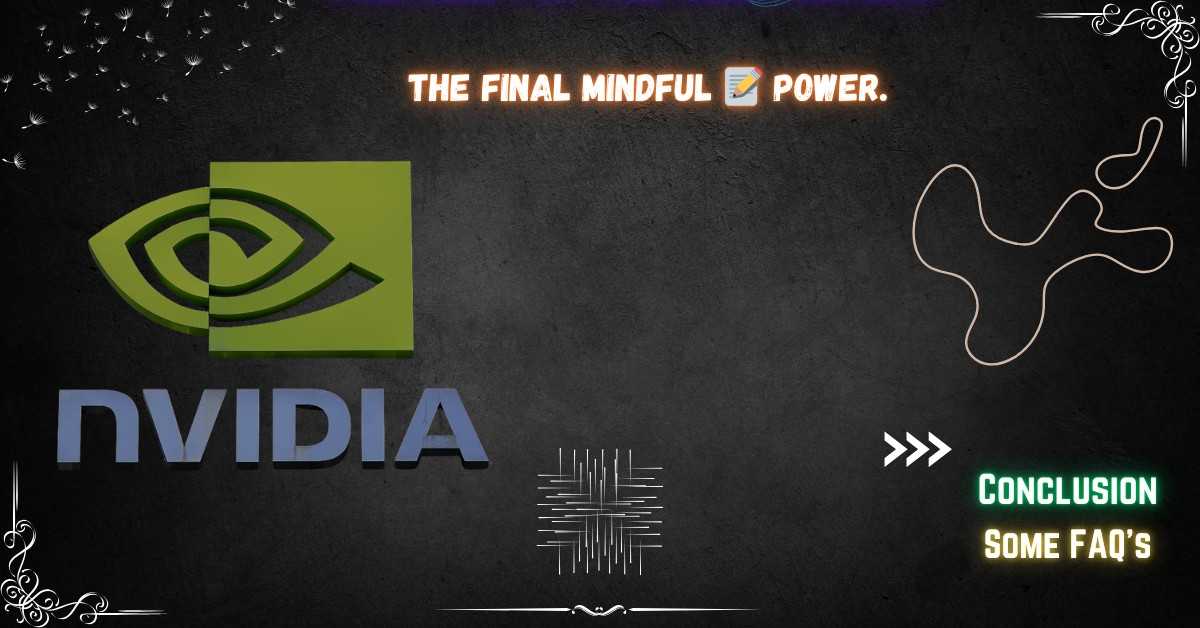The Nvidia H20 chip for China has recently become a hot topic in global technology and political news. Security risks came to the fore as something to be concerned about, specifically regarding this powerful AI chip through China. Although the chip was structured in line with the U.S. export regulations, the country of China is currently uncertain of the fact that the chip might be a threat to its national security. This article will dive deep into what the Nvidia H20 chip for China is, why it was made, why China is worried, and how it may affect the global tech industry.
What is the Nvidia H20 Chip for China? 💡
The Nvidia H20 chip for China is a specialized version of Nvidia’s high-end artificial intelligence (AI) chips. Following the U.S. imposing harsh restrictions on the export of advanced semiconductors, Nvidia developed the H20 chip in order to comply with the American regulations and provide the Chinese clients with the AI-capability.
The reason is that this chip is the response to the bigger attempt of Nvidia to keep its business in the Chinese market and comply with the U.S. regulations. It is a lower-tier performance output compared to the Nvidi flagship AI processes, such as the H100, but it is highly efficient to run machine and AI training, as well as data center requirements.
The Motive under which it was Developed by Nvidia 🤔
The American authorities heeded the speculations that Chinese military and surveillance systems would receive sophisticated technologies by prohibiting exports of AI chips destined to China. Nvidia, a company that is very reliant on the Chinese market in its revenue generation, required a solution.
The Nvidia H20 chip for China was developed to offer a middle ground. It allows Nvidia to continue selling their product to China, at a reduced level though as a result of their export policy. It was a smart escape as this allowed Nvidia to remain in the market but did not suffer penalties by the U.S government.
The Fear of H20 Chip by China Why Is China Fearful of H20 Chip?
China recently flagged the Nvidia H20 chip for China over possible security concerns. Crisis response experts and officials are evaluating the possibility that this chip can have some backdoors or surveillance abilities, which could leak information to the United States.
It is the following problems that should be taken into account:
- Data Privacy: Would the chip have the capability to obtain or share the facts behind hidden Chinese information?
- Performance Rationale: Is the chip intentionally throttled in order to slim down the progress of AI in China?
- Secret Cyber code: is there a program in the chip that opens the door to eavesdropping?
There is still no evidence available yet, but the Chinese government has already initialized reviews to find out whether such risks are true.
What does the World do with the Numbers then?
The debate over the Nvidia H20 chip for China has global effects. And it indicates the increasing competition between the U.S. and China on the technological leadership, in particular, artificial intelligence.
The result of such the situation may be:
- More American export conservatism.
- Even more government chipping of chips in China.
- China developing their own chip to stop depending on American firms.
In the future, the entire chip sector may be divided into two systems, one of them one directed by the U.S., and one by China.
Explore more: OpenAI-Scale AI Deal: 3 Bold Reasons It’s Still Strong
What Will it do to Nvidia 📉
Nvidia is at the center of these two. It would like to answer to the laws of the U.S. but keep its huge business in China. The Nvidia H20 chip for China was supposed to be a safe solution. But the reluctance of China can damage the revenue of Nvidia in case the country halts or reduces the speed of purchasing the chip.
Nvidia might lose billions of dollars when it comes to China no longer trusting the chip. The corporate may also experience its supply chain interruption and its position as global chip champion may also be threatened.
Is it a detriment to the Chinese artificial intelligence development?
Yes. The Nvidia H20 chip for China was supposed to help Chinese tech companies keep growing in AI, despite U.S. sanctions. In case the chip is banned or rejected, firms such as Alibaba, Tencent, and Baidu may have a setback in constructing powerful AI models.
This could:
- AI based services of Chinese that lack enthusiasm.
- No home grown chip alternatives.
Bully, cajole, Hound China to loosen up its purse strings to the business of semiconductors at home.
The future of H20 in China
The future of the Nvidia H20 chip for China depends on how the investigation goes. The chip is likely to remain in the market even after the Chinese officials fail to detect any viable risk. However, their requirement to validate the security concerns would spell doom on the business strategy of Nvidia in the region.
Whichever way, this struggle demonstrates the sensitivity and how imperative the technology has become in international politics.
The final Mindful 📝 power.
The Nvidia H20 chip for China is more than just a tech product—it’s a symbol of global tech tensions. Nvidia has attempted to address a hard issue employing a clever strategy, yet it is now at risk of becoming a subject of judgment by Chinese authorities. With the world further thrust into the AI age, chips such as H20 will not only be the center of innovation but they will also become the subject of international discourse.
Explore more: Bitcoin Hits Record High in 2025 With Stunning Surge
✅ FAQs
1. 🤖 What is the Nvidia H20 chip for China?
- Answer: The Nvidia H20 chip for China is a modified AI chip made to follow U.S. export laws while still offering powerful AI functions to Chinese companies.
2. 🇨🇳 Why is China worried about the Nvidia H20 chip for China?
- Answer: China is afraid that the chip contains security issues or backdoors through which data may be leaked or used to spy by the foreign nations.
3. Does the Nvidia H20 chip for China pose security risks?
- Answer: Nothing official has been proved, yet, Chinese regulators study the chip in hope of any privacy and security risks.
4. 📊 How does the Nvidia H20 chip for China compare to other chips?
- Answer: It is not as powerful as the H100 chip created by Nvidia but still quite [capable] to handle the majority of the AI tasks such as machine learning and data analysis.
5. Is Nvidia going to lose money due to H20 chip problem?
- Answer: That is correct, should China choose to boycott the chip, Nvidia might lose billions of dollars in sales as well as lose market share in Asia.
6. 🏭 Is it possible to create an analog of H20 chip in China?
- Answer: China is pulling out all stops to build its own AI chips, and become less reliant on U.S. technology, such as substitutes to the H20 chip.
7. 📅 What is the future of the Nvidia H20 chip for China?
- Answer: The investigation by China would determine the future of the chip. In case it is approved, it can carry on. When banned, it will result in the additional technological divorce between China and the U.S.
Take part in our online discussions by following us through Facebook as well as Instagram and LinkedIn.





